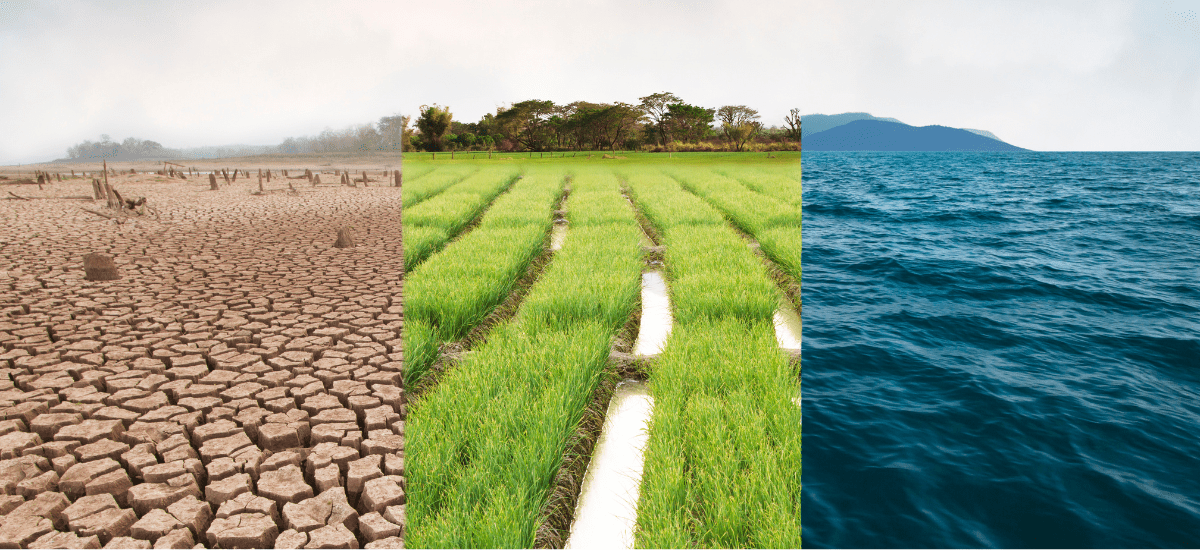In a significant push towards environmental sustainability, the Federal Parliament of St. Kitts and Nevis successfully approved the Caribbean Community Climate Change Centre (Agreement) Bill, 2024, on 2 August 2024.
Led by Honourable Senator and Minister Dr. Joyelle Clarke, overseeing Sustainable Development, Environment, Climate Action, and Constituency Empowerment, this crucial legislation highlights the nation’s dedication to regional collaboration and sustainable progress.
The main objective of the Bill is to fortify St. Kitts and Nevis’ partnership with the Caribbean Community Climate Change Centre (CCCCC), fostering joint endeavours to tackle the urgent climate change challenges.
Dr. Joyelle Clarke, a prominent advocate for environmental sustainability and climate resilience, emphasised the importance of the Bill in her parliamentary address.
She expressed,
“The approval of this legislation signifies a pivotal moment in our environmental strategy, showcasing our commitment to collaborating with Caribbean counterparts to mitigate climate change impacts and drive sustainable development goals.”
Established by the Caribbean Community (CARICOM), the CCCCC plays a vital role in harmonising the region’s response to climate change. Dr. Clarke highlighted that by formalising this agreement, St. Kitts and Nevis will bolster its capability to access technical know-how, financial backing, and strategic initiatives aimed at strengthening climate resilience.
Why is the Caribbean Community Climate Change Centre (Agreement) Bill so important?
The Caribbean Community Climate Change Centre (Agreement) Bill holds significant importance for St. Kitts and Nevis and the wider Caribbean region.
This legislation plays a crucial role in fortifying the nation’s partnership with the CCCCC, emphasising joint efforts to address the pressing challenges posed by climate change.
By formalising this agreement, the Bill enhances St. Kitts and Nevis’ capacity to access technical expertise, financial resources, and strategic initiatives designed to build climate resilience. Moreover, the Bill underscores the nation’s commitment to regional cooperation and sustainable development, showcasing a proactive stance towards mitigating climate change impacts and advancing environmental sustainability goals.
The passage of this legislation marks a pivotal moment in St. Kitts and Nevis’ environmental policy, signifying a dedication to collaborative actions with Caribbean neighbours to ensure a sustainable and resilient future.
Overall, the Caribbean Community Climate Change Centre (Agreement) Bill serves as a foundation for ongoing efforts to combat climate change, promote sustainable development, and safeguard the well-being of present and future generations in the region.
The successful passing of the Bill reflects the cooperative ethos within the Federal Parliament and the shared dedication to a sustainable future.
Dr. Clarke expressed appreciation to her parliamentary colleagues for their support, stressing the significance of united actions in confronting climate change challenges. She emphasised,
“We are at a critical juncture where prompt and resolute measures are imperative. This agreement reinforces our pledge to preserve our environment, safeguard our communities, and ensure a sustainable legacy for future generations.”
Environmental Sustainability in St. Kitts and Nevis
St. Kitts and Nevis, a picturesque twin-island nation in the Caribbean, has shown a strong commitment to environmental sustainability in recent years. With its stunning natural beauty and rich biodiversity, the country recognises the importance of preserving its ecosystems for future generations.
Efforts towards promoting sustainability encompass various initiatives, including conservation projects, renewable energy development, waste management strategies, and climate change adaptation measures.
The Government of St. Kitts and Nevis has been actively involved in promoting sustainable practices across different sectors. Policies focusing on environmental protection, sustainable tourism, and marine conservation have been implemented to safeguard the natural resources of the islands.
Additionally, partnerships with international organisations and regional bodies have enabled the nation to access expertise and resources to enhance its environmental sustainability efforts.
Renewable energy plays a pivotal role in St. Kitts and Nevis’ sustainability agenda. The country has been investing in solar energy projects to reduce its dependence on fossil fuels and lower carbon emissions. By harnessing its abundant sunlight, St. Kitts and Nevis aims to transition towards a more sustainable and environmentally friendly energy landscape.
Furthermore, the promotion of sustainable agriculture practices, protection of coastal areas, and conservation of marine ecosystems are integral components of St. Kitts and Nevis’ environmental sustainability strategy. Initiatives to raise awareness about environmental conservation among the local community and engage in eco-friendly practices contribute to the country’s overall sustainability goals.
